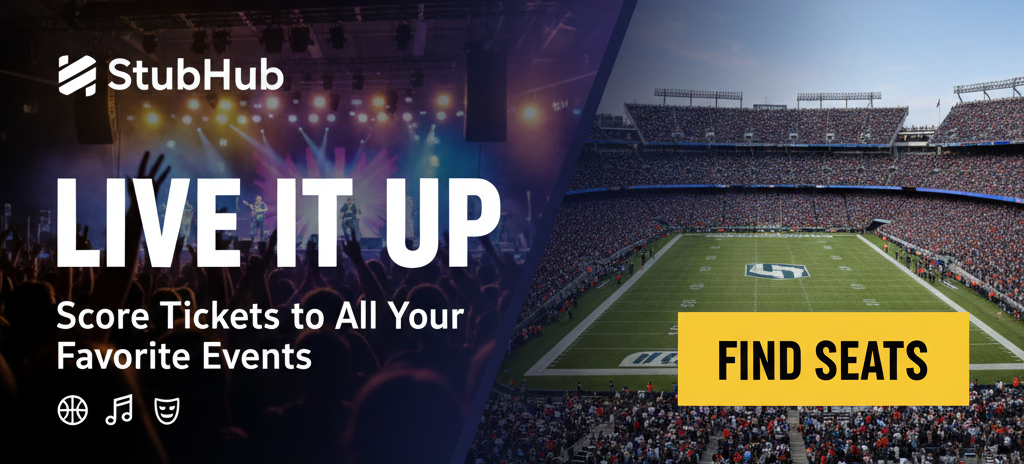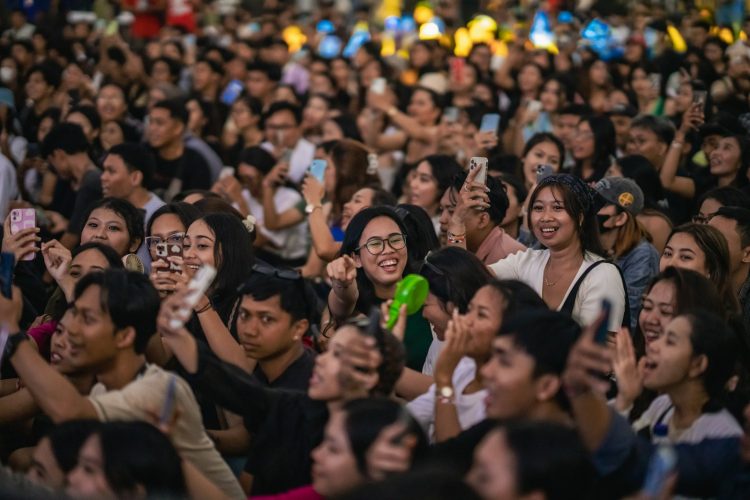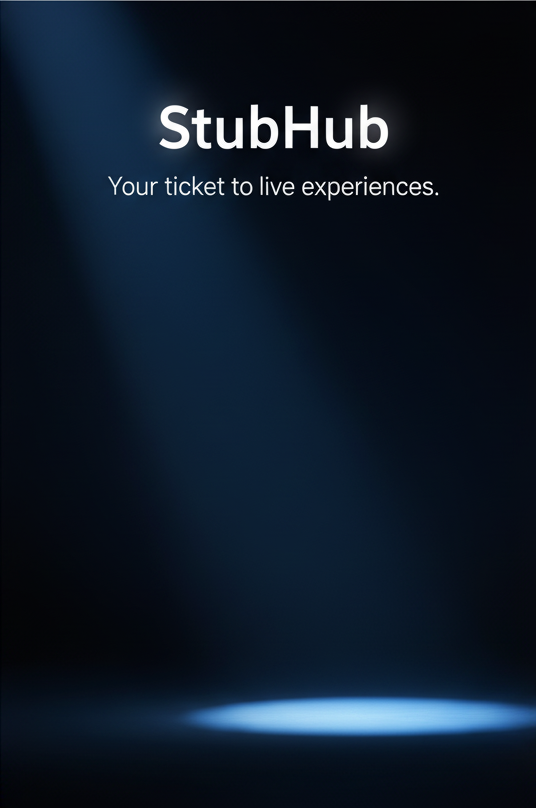Not long ago, socializing revolved around coffee shops, house parties, and casual hangouts. But in recent years, something has shifted in the way we connect with each other. The heartbeat of modern social life has taken on a new rhythm, and it’s echoing through the walls of arenas, outdoor fields, and intimate club venues. Concerts—once seen primarily as musical showcases—have become a cultural force, redefining how we experience connection, community, and identity in a hyper-digital world.
So why have concerts emerged as the new social experience? The answer lies somewhere between the hunger for authentic interaction and the power of shared emotion. From Gen Z’s digital fatigue to a collective desire for something real, concerts offer more than music—they offer a moment, a memory, and a meaningful way to come together.
A Response to the Loneliness of Screens
We live in an age where we’re more connected than ever, yet loneliness is at an all-time high. Social media gives us the illusion of constant contact, but scrolling through curated feeds can’t compete with standing shoulder-to-shoulder in a crowd singing the same lyrics at the top of your lungs. The irony of our era is that the more virtual our lives become, the more we crave real-world interaction.
Concerts tap directly into that need. They’re not just about hearing a band live—they’re about feeling something live, and doing it alongside others. It’s a sensory overload of lights, sound, and emotion that no livestream or TikTok clip can replicate. In a world of pixels and filters, a concert is tangible. It’s loud. It’s messy. It’s human.
More Than Music: A Shared Cultural Ritual
Attending a concert has become a modern-day ritual. Much like sports games or religious gatherings, concerts bring people together in a structured space where emotion is not only accepted but celebrated. The crowd cheers in unison, sings in harmony, and often, moves as one. In that space, boundaries blur. Strangers become part of a temporary tribe bonded by rhythm and resonance.
For younger generations especially, concerts are more than entertainment—they’re a declaration of identity. Wearing a Harry Styles tour tee or sharing videos from a Beyoncé set isn’t just about fandom, it’s about belonging. It’s signaling to the world: This is who I am. These are my people.
The Pre-Show, the Group Chat, and the Afterglow
The social element of concerts doesn’t begin when the lights go down—it starts the moment tickets go on sale. Friends group text, scramble through pre-sales, and coordinate outfits weeks in advance. The anticipation builds as much as the event itself. The concert becomes a focal point, a milestone around which social plans orbit.
And it doesn’t end when the final encore fades. Afterward, it’s all about reliving the experience—sharing photos, dissecting setlists, posting blurry videos on Instagram stories, and talking about the night for weeks. These rituals stretch the event’s life span, embedding it deeper into social memory.
From Solo to Collective: The Power of the Crowd
One of the most striking aspects of a concert is the way it transforms individual experience into a collective one. You might walk in as one person with your own thoughts, worries, and life story—but once the music starts, you’re part of something bigger. The crowd swells with emotion, and there’s a palpable energy that only a live audience can generate.
Think of the moment the lights dim, or when the first chord of a hit song strikes and the crowd erupts—it’s electric. Those moments remind us that we’re not alone. In a society increasingly fractured by screens and algorithms, concerts offer a rare sense of unity.
Post-Pandemic Reconnection
The COVID-19 pandemic forced a long pause on live events. For nearly two years, stages were empty, and crowds were considered a threat. When concerts finally returned, they did so with a renewed sense of purpose. The absence made their return feel even more powerful. People were no longer taking these experiences for granted—they were cherishing them.
This post-pandemic renaissance of live music reinforced what many had already felt: concerts are about more than just music—they’re about being together. In an age when “together” has become increasingly rare, the chance to dance, scream, laugh, and cry in a shared space feels almost sacred.
The Influence of Festival Culture
Part of the social shift also comes from the explosion of music festivals over the past decade. Events like Coachella, Glastonbury, and Lollapalooza aren’t just lineups—they’re lifestyles. Festivals are immersive social experiences where people camp, dress up, and immerse themselves in a culture for days at a time.
These events create temporary communities where social hierarchies flatten, and expression is encouraged. Whether you’re headbanging at a metal fest or vibing at an EDM rave, the community aspect is undeniable. It’s not just about who’s on the stage—it’s about who’s standing next to you.
Social Currency and the Era of Experience
We’re living in what many call the “experience economy.” People, especially younger generations, value experiences over possessions. A photo from the front row of a concert, a story about meeting your favorite artist, or even just the memory of a wild night becomes social currency.
This shift is also fueled by the desire to document life. In the Instagram era, the line between personal experience and public sharing is blurred. Going to a concert isn’t just something you do—it’s something you show. And while this may seem superficial, it reflects a deeper truth: people want to live interesting stories, and concerts offer a stage for exactly that.
Accessibility and Diversity in Music Spaces
Another reason concerts are thriving as social experiences is the increasing diversity and accessibility of the music scene. There’s a concert for everyone now—whether it’s a massive arena show or a tiny indie gig in a local bar. Technology and platforms like Songkick or Bandsintown make it easier to find shows that match your taste, and social media ensures you won’t go alone.
Plus, today’s concert-goers are more inclusive, more aware, and more welcoming. Spaces are evolving to be safer and more supportive, particularly for marginalized groups. This sense of inclusivity makes concerts feel not only exciting but also affirming.
Conclusion: The Beat Goes On
At their core, concerts are about connection—about gathering in a space where the noise drowns out the world’s chaos, and for a few hours, nothing else matters except the music and the people around you.
As we navigate a world that’s often isolating, the simple act of coming together to share a song has taken on new meaning. It’s not just recreation—it’s restoration. In the chorus of a crowd, we find ourselves. And in the bassline that rattles our bones, we rediscover what it means to be alive together.
Concerts aren’t just the new social experience. They are the social experience of our time.





